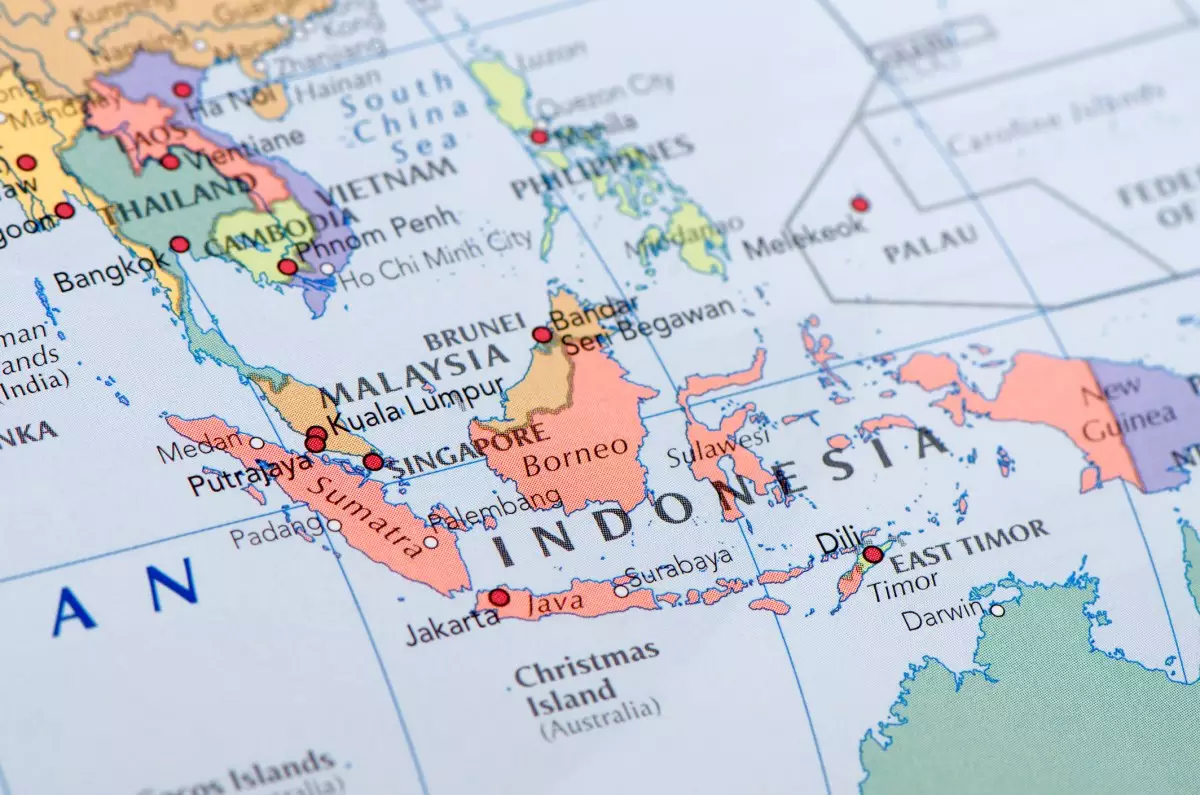In recent years, the healthcare sector has witnessed unprecedented advancements, largely fueled by rapid developments in artificial intelligence (AI). Major players in the tech and pharmaceutical industries are increasingly collaborating to integrate AI solutions into healthcare systems. This trend is epitomized by partnerships such as that of Amazon Web Services (AWS) and General Catalyst, which aim to expedite the creation of AI tools tailored for healthcare. Companies like GE Healthcare are also embracing generative AI technologies for medical applications, with notable projects slated for rollout in 2024. As the landscape evolves, smaller startups are also making strides, as exemplified by HD, a Thailand-based healthcare endeavor that is setting a digital course for the fragmented medical industry in Southeast Asia.
HDmall: A Marketplace Transformation
The inception of HDmall marks a significant step towards digitizing the healthcare ecosystem in Southeast Asia. In a region previously burdened by disorganization in medical service offerings, HDmall serves as a pivotal platform that connects users with healthcare providers, hospitals, and clinics. The initiative is particularly relevant as it facilitates the discovery of required surgeries and health check-ups, intelligently aggregates services to lower costs, and presents options for installment payments. Recently, HD secured $7.8 million in equity funding—a milestone that represents not only a substantial financial boost but also an endorsement from Merck Sharp & Dohme (MSD), a leader in the pharmaceutical sector. This investment underscores the growing interest in health tech solutions in Asia Pacific.
HD’s partnership with MSD is noteworthy for its implications. MSD’s collaboration with HD indicates a shift by large pharmaceutical companies toward recognizing the value of engaging with innovative health tech startups within emerging markets. The financial support from multiple investors—including SBI Ven Capital, M Venture Partners, FEBE Ventures, and Partech Partners—demonstrates a collective belief in HD’s potential to disrupt traditional healthcare delivery models in Southeast Asia. With over 30,000 stock-keeping units (SKUs) from various providers and upward of 400,000 active users in Thailand and Indonesia, HD’s marketplace has proven its commercial viability. Moreover, the impressive gross transaction volume of $100 million annually sets a promising precedent for future growth.
AI Integration: Transforming Patient Interactions
In its drive for innovation, HD is developing an AI-driven platform called Jib AI, aimed at enhancing user experiences. With the implementation of generative AI technology, a remarkable 60% of customer interactions are now managed by AI agents, which provide quick, quality responses around the clock. This advancement alleviates the workload of healthcare professionals by automating initial patient interactions and care navigation, allowing medical staff to concentrate on delivering quality patient care. Jib AI’s capabilities will continue to evolve over the next year, incorporating features such as order processing, appointment scheduling, and medical information retrieval, which will further streamline healthcare services.
The Challenge of Telehealth in Southeast Asia
Although telehealth has gained traction in various parts of the world, HD’s founders recognize that this business model may not sustain long-term success in Southeast Asia. Following the pandemic, there have been unmistakable shifts in consumer preferences and investor interests, leading to telehealth solutions losing their luster. Instead, the HD team has chosen to position their platform in a unique manner, merging elements of B2C and B2B strategies to create a more resilient business model. By promoting a “B2C2B” approach, HD leverages its success with consumers to transition seamlessly into the business realm, thus channeling enterprise resources effectively from the outset.
Adapting to Local Healthcare Dynamics
Emerging markets like Thailand, Indonesia, and Vietnam possess distinct healthcare ecosystems, which necessitate adaptability from players like HD. In these regions, there’s no established family doctor system; instead, patients often seek immediate care from hospitals or clinics. These circumstances foster a demand for a platform that offers clarity, transparency, and ease in navigating health services. As patients bear around 40% of healthcare costs out of pocket, price sensitivity becomes a crucial factor in their choices. HDmall fits this need perfectly, presenting health services in a way that’s accessible and user-friendly, reminiscent of the e-commerce model popularized by Amazon.
Looking ahead, HD has ambitious plans to extend its reach to Vietnam and Myanmar, given the similarities in their healthcare structures. The growing trend of self-empowerment in user behavior, particularly among Southeast Asian consumers, complements HD’s vision. As individuals increasingly rely on digital tools such as search engines to inform their health decisions, HD stands poised to provide the necessary resources through its platform. The synthesis of AI with consumer empowerment not only shapes a new healthcare landscape in Southeast Asia but also enhances the overall patient experience, promising a future where access to quality healthcare becomes a fundamental right rather than a privilege.

